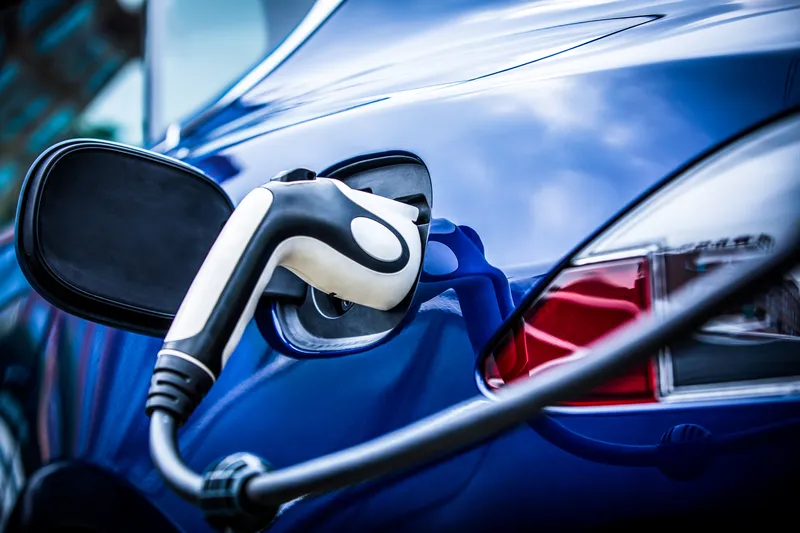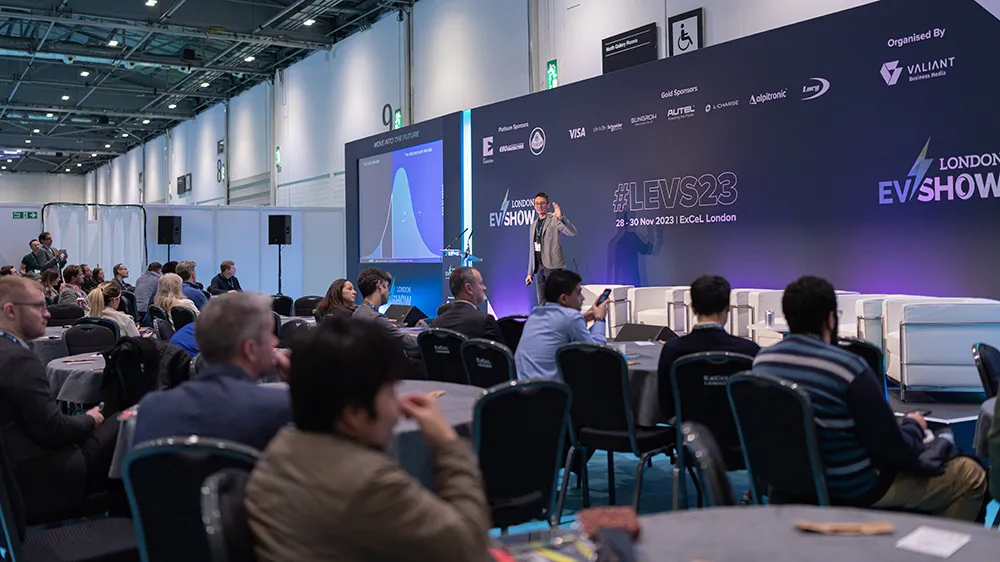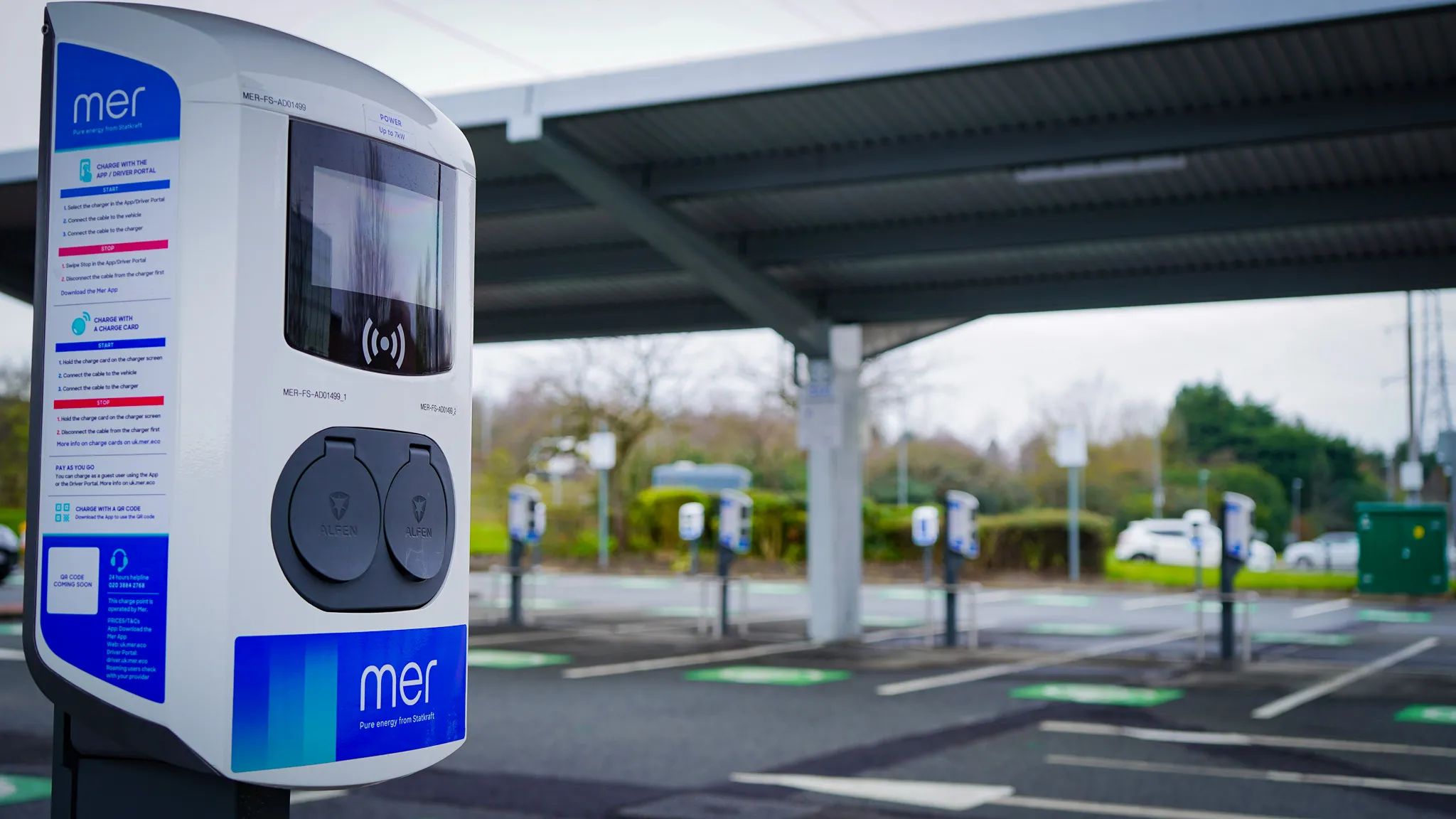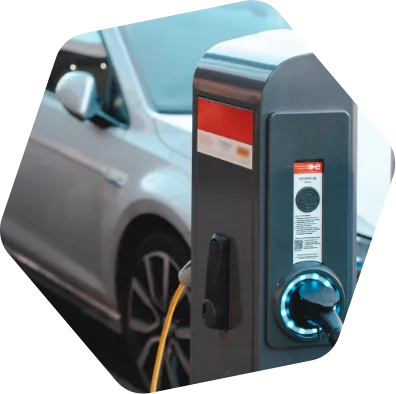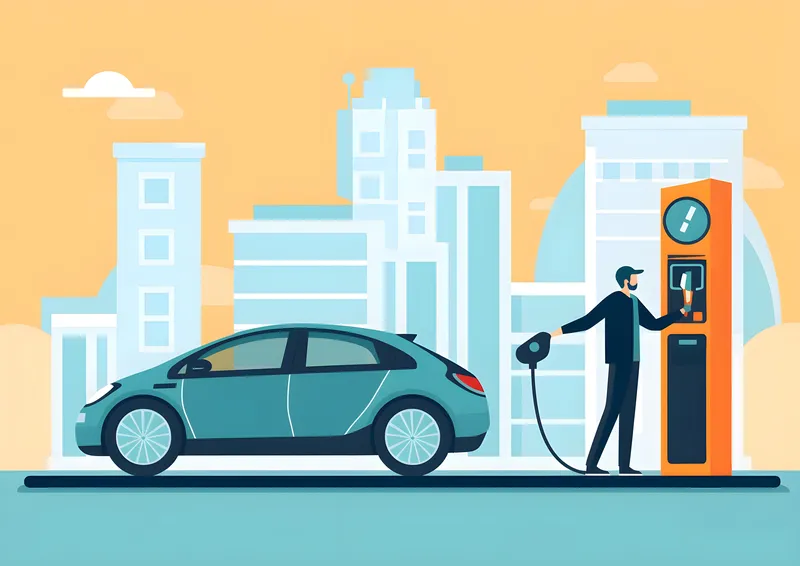
Who better to comment on the challenges of owning an EV than globally-known motoring personality James May, of Top Gear fame? May, who is now on his sixth EV, of which four have been BEVs (he’s also owned two Toyota hydrogen fuel-cell EVs), says that the current ambition to transition to EVs by 2035 is way ahead of current technology. He adds that if all else remains the same, we’ll need millions of charging points to make EV ownership a practical proposition for a fleet that is 70% to 80% electric within another 11 years.
He wisely steers clear of the sustainable electricity discussion, and only alludes briefly to the cost of the large batteries fitted to the current BEV fleet. And, despite describing himself as a ‘bad ambassador’ for electric cars, he feels an obligation as a motoring enthusiast to do his bit. He acknowledges the essential truth that electric motors are, and always have been, a very efficient way to power vehicles, it is the battery technology that is the other factor holding the industry back.
The solution as he sees it is smaller, lighter, cheaper batteries that offer a 150-mile range and can be recharged in one minute. One minute may not be necessary, but a much shorter charging time, combined with a much higher number of charging points, is what he asserts. He goes on to say that EVs are not therefore ready for widespread adoption as yet.
Here’s what the former CTO of an EV charging company has to say in response to May’s comments on the You Tube video:
"James hit it on the head. Most people would be happy to own a quieter, more responsive vehicle that is cheaper to run. However, it's only cheaper for people with home charging who don't have to rely on public charging. There are some real elitist 'fanboys' when it comes to EVs, they don't seem to understand that spending up to 2 hours in a queue for a public charger because you aren't lucky enough to have charging at home and at work just isn't a practical way to live. Try telling your boss, your customers or your patients that you will be anywhere from 30 minutes to 3 hours depending if you can charge your car."
Check out James May's comments in the video:
https://www.youtube.com/watch?v=vQY-VeA87cM

